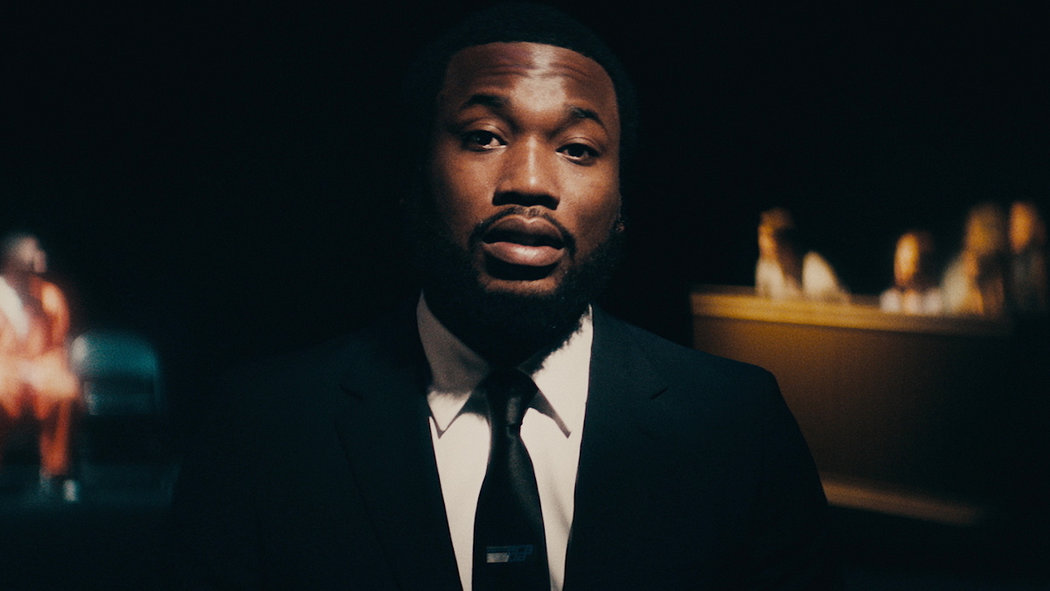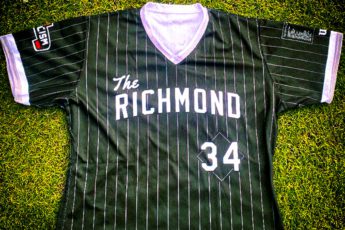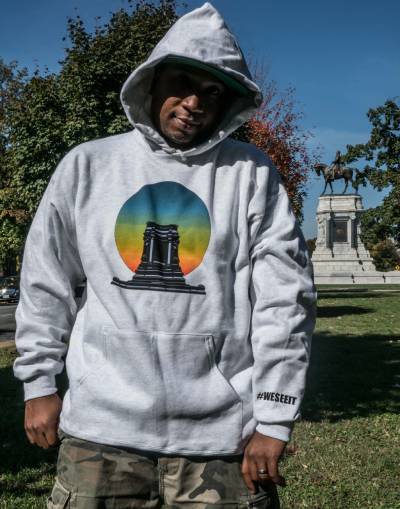CAN MEEK MILL FINALLY GET HIP-HOP’S MAINSTREAM TO CARE ABOUT CRIMINAL JUSTICE REFORM?

This week, one of the hottest rappers in the game spoke out calling for criminal justice reform. Philadelphia rapper Meek Mill penned an Op-Ed in the New York Times recounting the ills he’d suffered, first-hand, within America’s criminal justice system.
“Like many who are currently incarcerated, I was the victim of a miscarriage of justice ― carried out by an untruthful officer, as determined by the Philadelphia District Attorney’s office, and an unfair judge,” the 31-year-old rapper wrote.
“It’s clearer than ever that a disproportionate number of men and women of color are treated unfairly by a broken criminal justice system,” Mill wrote. “The system causes a vicious cycle, feeding upon itself ― sons and daughters grow up with their parents in and out of prison, and then become far more likely to become tied up in the arrest-jail-probation cycle. This is bad for families and our society as a whole.”
Meek further goes on to explain how he views a criminal justice system that overrepresents Blacks and Hispanics. “The reality is African-Americans and Latinos who come from poverty-stricken neighborhoods are assigned public defenders too overburdened to do anything in most cases other than negotiate the most favorable plea deal, regardless of guilt or innocence,” Mill wrote.
Meek announced that he is planning to launch a foundation that is focused on real change in the criminal justice system. His announcement leads me to pose the question: Will Meek Mill be the artist that makes the hip-hop community care about criminal justice reform?
Hip-hop has an extensive history with the criminal justice system, and let’s just call it like it is, the relationship has not been pretty. I’ve been hearing tales of the hip-hop police since the early 90s. Most, if not all, of my favorite rappers, have had issues with the law and have had first-hand experience within America’s criminal justice system. Most, if not all, of my favorite rappers, have released songs about the racist and predatory nature of our criminal justice system, dating back to N.W.A. and Public Enemy, and continuing today with artists like Kendrick and Cole. It seems to me, in hip-hop culture, you just deal with it; mumbling NWA’s anthem under your breath.
So, I’m not sure Meek’s situation is any different except for the fact that in his case, it was not “alleged misconduct” by the broken system, it was an overt abuse of power. So much so that last April, the Pennsylvania Supreme Court ruled against the judge in Meek’s case and released him from prison.
But will that be enough? Will Meek be the spark that makes the hip-hop community pay attention to criminal justice reform? Will Meek’s foundation be the one to link with the Women’s March or Black Lives Matter or the National Action Network and push legislators for new laws? That’s how the change will really happen: the most powerful music genre of our day, galvanizing the grassroots of political action (bringing new people into the debate), and forcing legislators to pay attention or risk losing their vote.
I’m hoping for the best with Meek’s foundation, but we already know the facts on the criminal justice. A lot of us have, at least, seen Ava’s 13th on Netflix (if you haven’t – do so, and also read The New Jim Crow by Michelle Alexander). What we need now is a sustained effort that holds lawmakers accountable. Is Meek the one? Or will we all just go back to wearing t-shirts that read, “Free Shmurda” and call it a day?






 The Cheats Movement is dedicated to hip-hop culture, politics, and community activity. We see our community different than most, therefore, #WESEEIT
The Cheats Movement is dedicated to hip-hop culture, politics, and community activity. We see our community different than most, therefore, #WESEEIT
Leave a Comment